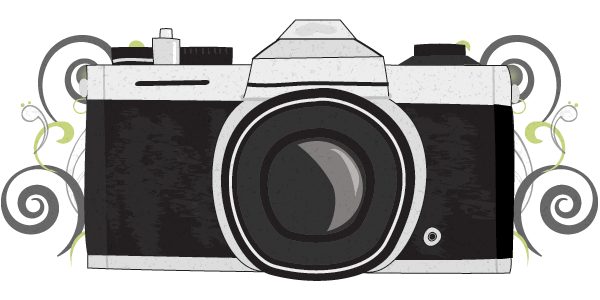When asked to think about what forms of new media are out their today, many would surely respond with answers along the lines of Facebook, BBC iPlayer and Reddit. These however, are not themselves media, they are platforms upon which media is shared and distributed. In Jay David Bolter’s essay on Remediation and the Desire for Immediacy, Bolter defines ‘new media’ as forms of old media that are being made, shared and presented on new platforms, often ‘remediating’ old media.
So yes, forms of new media are these platforms such as social networking, online blogging, forums, digital and on-demand TV, etc. They are so because they bring new ways of creating, sharing and interacting with the types of media we have always known, images, text and film.
These mediums that media is presented on are forever changing and currently, much like the advancement of typewriter to the printing press, the internet is threatening to take over all (or at least most) mediums of media output. With the rise of the internet it has presented many challenges to older mediums such as TV and newspapers, causing many to believe these platforms may eventually die out as all forms of media become readily accessible over the world wide web.
New media today is watching TV on your laptop, reading a newspaper on your tablet pc, updating your status or blogpost from your phone, watching on-demand programming through your internet-capable TV.
It makes you wonder what will come next, what will be the next form of new media? Can you imagine a world without Facebook? Of course you can, unless you’re below 10 years old. However what I mean to say is what will eventually kill off Facebook? Much like Bebo and myspace that Facebook outperformed, it too has to have an end right?
Bolter, in his essay, describes how newer remediations develop on from older ones, by still remaining faithful to the old medium and its content whilst offering improvements.
‘Creators of other electronic remediations seem to want to emphasise the difference rather than erase it. In these cases, the electronic version is offered as an improvement, although the new is still justified in terms of the old and seeks to remain faithful to the older mediums character.’
This can be seen in things such as new on-demand TV services. The online sites that offer these are offering TV, the content of TV, only better because you have control over when you watch it and it is more easily available. It can also be seen in how Facebook killed off it’s predecessors, it was faithful to offering what the old mediums did but it offered a better service, a more user friendly platform that eventually became more popular.
So what will come after Facebook? If we look at how forms of new media have come about in the past up until now, as explained by Bolter, it won’t be anything drastically different. It will be something that offers the same sorts of services Facebook does, but better. However Facebook is so ingrained into contemporary society, such a dominant force on the internet, I believe it will take a rather large advancement in some new form of technology before we saw an end to the Social Network. This advance would have to be so drastic it would be easier to create something new than adapt the platform; much like the invention and rise of the internet that brought about Facebook itself.
References
Jay David Bolter, (2000). ‘Remediation and the Desire for Immediacy’, Convergence: The International Journal of Research into New Media Technologies 6(1): 62-71.
